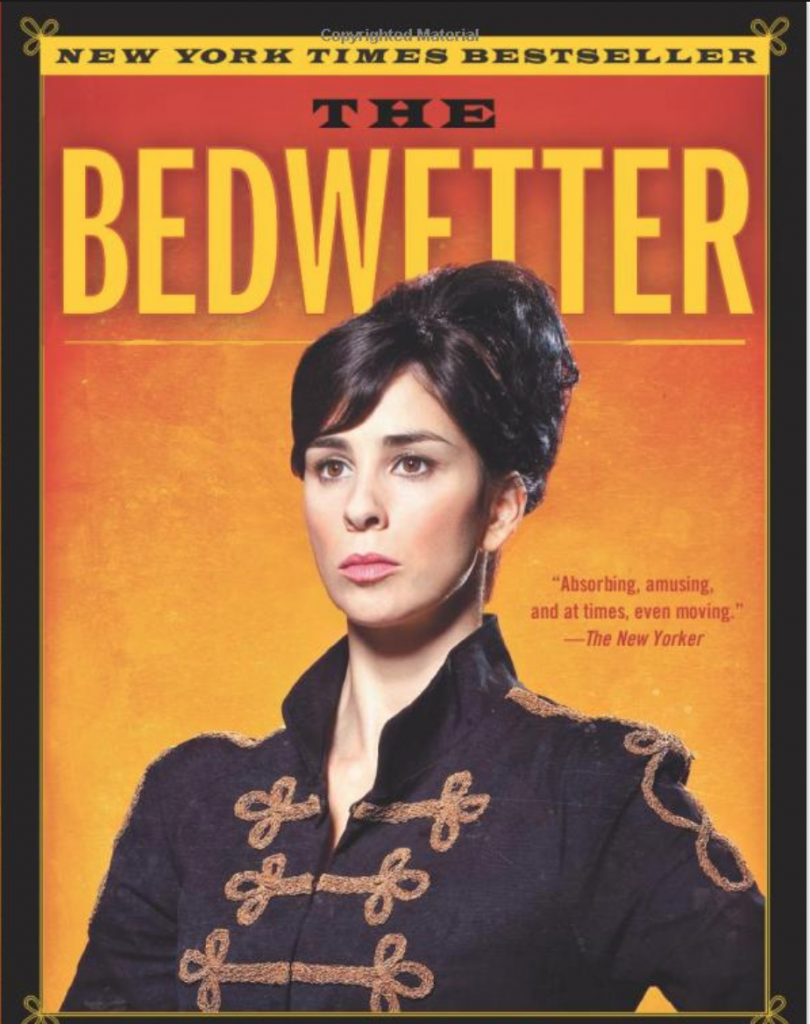
Comedian Sarah Silverman and two other authors sued Meta platforms and OpenAI for using their books to train AI models without permission or payment. Pictured is the cover of her memoir, published in 2010. (Source: Amazon.com)
Class Action Lawsuits Target AI Chatbot Companies for Using Copyrighted Content in Training
Multiple lawsuits against Google, OpenAI, Meta, and other AI companies like Midjourney are being filed in response to the unauthorized use of online material. Content creators, writers, artists and newspaper and magazine publishers are among those taking action against AI companies, according to a forbes.com story.
The legal free-for-all has come about due to how AI is being trained on content without permission or pay to the originators. Major publishers are banding together to raise even more legal issues with some of these AI companies.
“One of the most high-profile of these cases was filed earlier this month, as comedian Sarah Silverman joined two others to sue OpenAI and Meta for copyright infringement. Silverman and the other plaintiffs have accused OpenAI and Meta of training their AI models using their content without their permission. Google was hit with a similar class-action suit that accuses the company of secretly stealing everything ever created and shared on the internet and using it to train its AI chatbots.”
The other plaintiffs are novelists Richard Kadrey and Christopher Golden, according to reuters.com. The lawsuit was filed in San Francisco.
News Coalition
According to Semafor, a coalition of companies including The New York Times, News Corp, Axel Springer, Dotdash Meredith owner IAC and others are taking legal action against Google and OpenAI. In addition, several major U.S. and international publishers are joining forces to sue major AI companies for using their content to train their generative AI models. They’re also seeking new laws addressing such actions.
The biggest concern for the publishers currently is that AI chatbots are scraping data from their pages and then posting it without attributing the information to the original reporter or publisher.
Dealing with the Fallout
With the avalanche of generative AI being let loose on the world, it is easy to see why some companies will feel threatened. That is the price of progress. And this particular story from forbes.com follows up on the story about nearly the same issue in the Canadian news universe. Canada has passed legislation addressing this very problem.
But not everyone is fighting with the AI companies. Earlier this month, the Associated Press signed a deal with ChatGPT’s creator OpenAI to license an archive of news stories, so that it can benefit from the company’s expertise. The news agency’s “text archive” will be accessible to OpenAI while AP will be given the tech company’s “technology and product expertise.” Financial terms have not been disclosed.
For many companies, AI is proving to be an incredible benefit. But the news publishing business, which has been in decline for decades after the internet disrupted its model, has its own set of concerns to address.
After all, the news business is all about data and news entities follow rules about how they gather information. Perhaps AI needs some rules as well.
read more at forbes.com







Leave A Comment